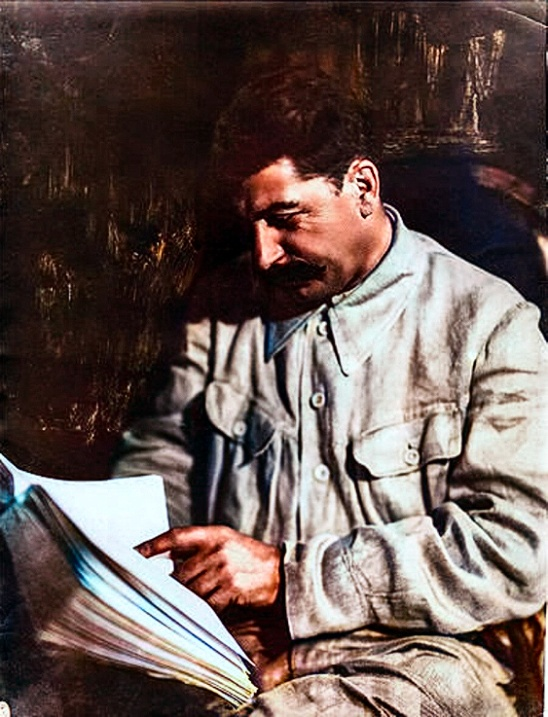666PeaceKeepaGirl [any, she/her]
- 11 Posts
- 86 Comments

 7·27 days ago
7·27 days agoEvery number in this article reads like somebody accidentally typed an extra zero

 12·1 month ago
12·1 month agoJacobin is by and large good. As another commenter pointed out, they give space to all kinds of lefties. That leads to some pretty lib takes now and then, especially in the online edition. If tendencial purity or hard-line anti-electoralism is your chief desire then sure, not for you. But I think generally it’s good for promoting left unity, discussing historical and current events, propagating trade union news &c. It’s probably the closest we’ve got to a mass left publication in the US.

 10·1 month ago
10·1 month agoIt is time for us to do what we have been doing. And that time is every day. Every day it is time for us to shit ourself. And to agree that there are things and tools available to us to get shit out our doodoo ass into our pants.

 5·1 month ago
5·1 month agohoney can you please stop dreaming the garage door open at 3am
seems like 3 different rules but ok

 15·1 month ago
15·1 month agowhat if it’s the only thing holding their pants up

 2·1 month ago
2·1 month agooops page mustnt have loaded right
go back to dennis and tell lady that if she doesn’t tell me the true meaning of ______mas I will give her lump of coal for ______mas

 2·1 month ago
2·1 month agoi tell lady that if she doesnt show me wizard i will give her lump of coal for ______mas

 12·2 months ago
12·2 months agosame reason two skin been having nightmares: three skin four skin five skin

 6·2 months ago
6·2 months agowe must see what can be, unFettered by what has been

 9·2 months ago
9·2 months agoevery time you complain, the president gets 10 years older

 12·3 months ago
12·3 months agoBowing to mounting media and intra-party pressure, Joe Biden suspends campaign; Trump to be Democratic nominee

 14·3 months ago
14·3 months agonah this one is all czolgosz. his aim aint what it used to be tho

 28·3 months ago
28·3 months agoI think RN/Ensemble coalition is unworkable, at least right now. Macron’s brand is staked too much in being the safeguard against the fascists, and I don’t see RN having any reason to hitch themselves to what has been a very unpopular administration. At the very least, these results mean that if either Macron or RN wants a functional right-wing government, the political costs are going to be severe.

 4·8 months ago
4·8 months agoI have a better win percentage with black because I just sit back in the Pirc and deal with whatever gets thrown at me. Can’t handle the burden of initiative with white lol

 7·8 months ago
7·8 months agomurray reduction:



 6·8 months ago
6·8 months agoRead chapter 6 today, feel like things really kinda clicked to me. Especially provocative to me was this:
If the owner of labour-power works today, tomorrow he must again be able to repeat the same process in the same conditions as regards health and strength. His means of subsistence must therefore be sufficient to maintain him in his normal state as a working individual. His natural needs, such as food, clothing, fuel and housing vary according to the climatic and other physical peculiarities of his country. On the other hand, the number and extent of his so-called necessary requirements, as also the manner in which they are satisfied, are themselves products of history, and depend therefore to a great extent on the level of civilization attained by a country; in particular they depend on the conditions in which, and consequently on the habits and expectations with which, the class of free workers has been formed. In contrast, therefore with the case of other commodities, the determination of the value of labour-power contains a historical and moral element. [Penguin/Fowkes p. 275]
As I see it, we really start to see here how the labour-capital relationship becomes a locus of social conflict when labour-power is commoditized and valued as Marx explains. For example, what, to the labourer, differentiates the “so-called necessary requirements” from the (pardon the internet-speak) “treats,” and how much treats must I get to live a happy and fulfilled life? And, to the capitalist, is my having a happy and fulfilled life really that important? Do the capitalists, as purchasers of labour-power, consider it socially necessary that those in their employ not constantly be fantasizing about killing themselves and everyone around them? Or are they content to preside over the most miserable workforce they can without losing stable reproduction? And on what timescales are the capitalists seeking to maintain the process of social reproduction? And if only a depressing and miserable life of the labourer should be deemed socially necessary, so that even those who accept the bargain to work in this society are desperately unhappy - what then is the recourse of the workers to express, in a socially impactful way, their dissatisfaction with the process?









Joker 2019 perfectly captured the cultural moment because it perfectly understood the vibe of the country, viz, that we all wanted to go crazy and kill ourselves and everyone around us, however precise or imprecise our understanding of why SOCIETY made us feel that way. The cultural moment of 2024 is so much different because the Biden era has seemingly foreclosed all possibility of that kind of antisocial rebellion. The national mood is not one of unfocused violent passions, but rather of being asleep at the wheel as we drift into inevitable crisis. When we fantasize of adventurism, we cannot bring ourselves to imagine a crowd of Sickos cheering us on, as at the end of the first Joker - instead there is only the crowd of mindless sheep, as at the end of Nashville. Capturing that vibe shift would be an incredibly difficult pivot for the coming second Joker film to make, even putting aside the creative exhaustion that almost invariably accompanies sequel films. So as much as I loved the first film, I will enter the second with low expectations.